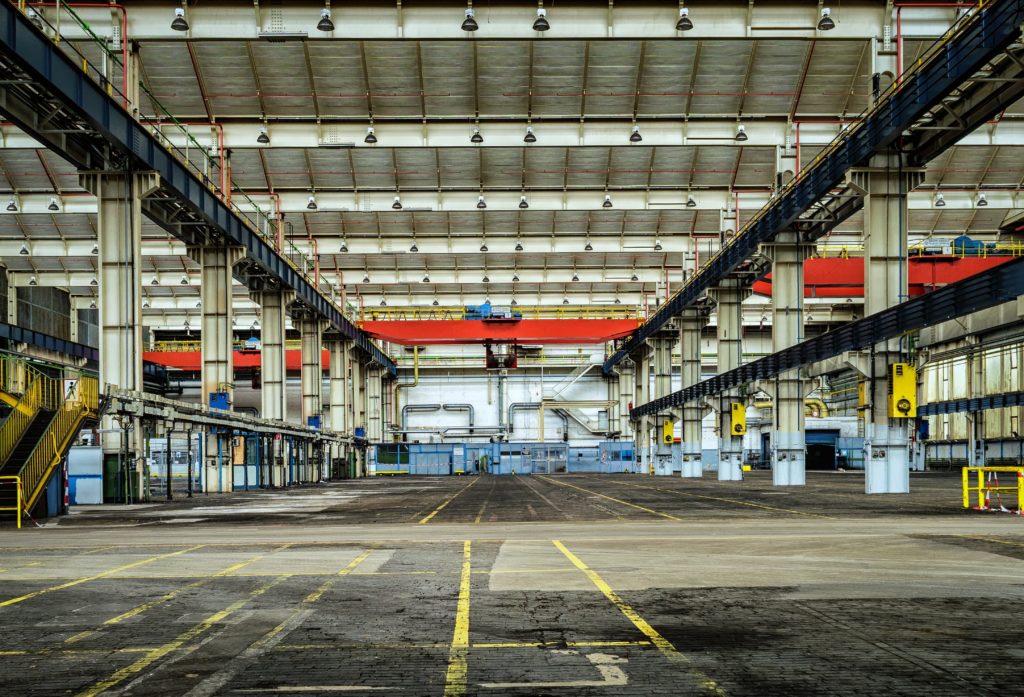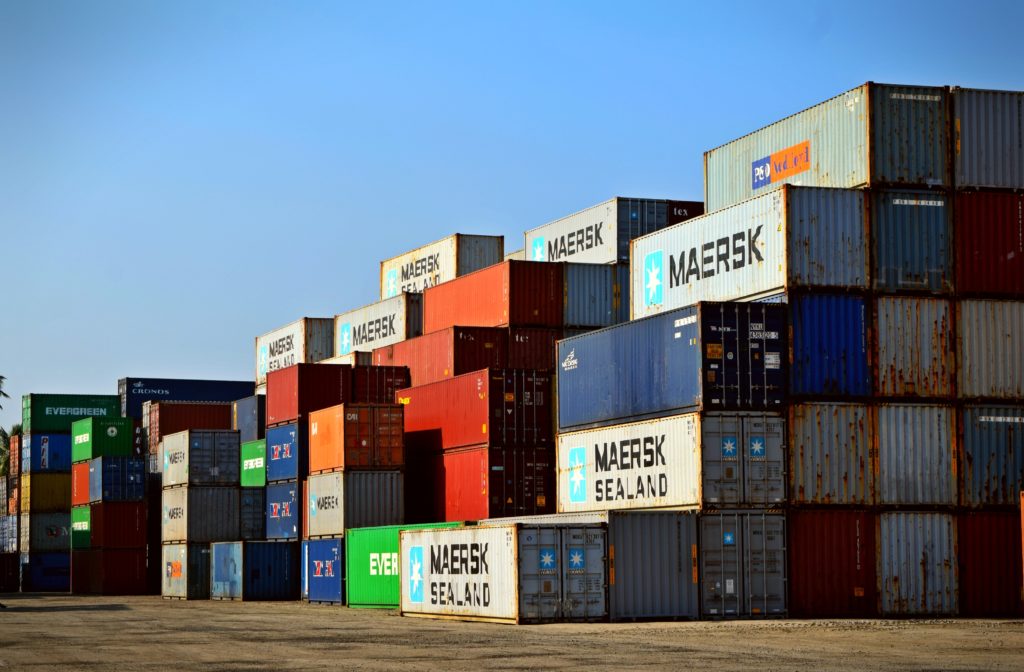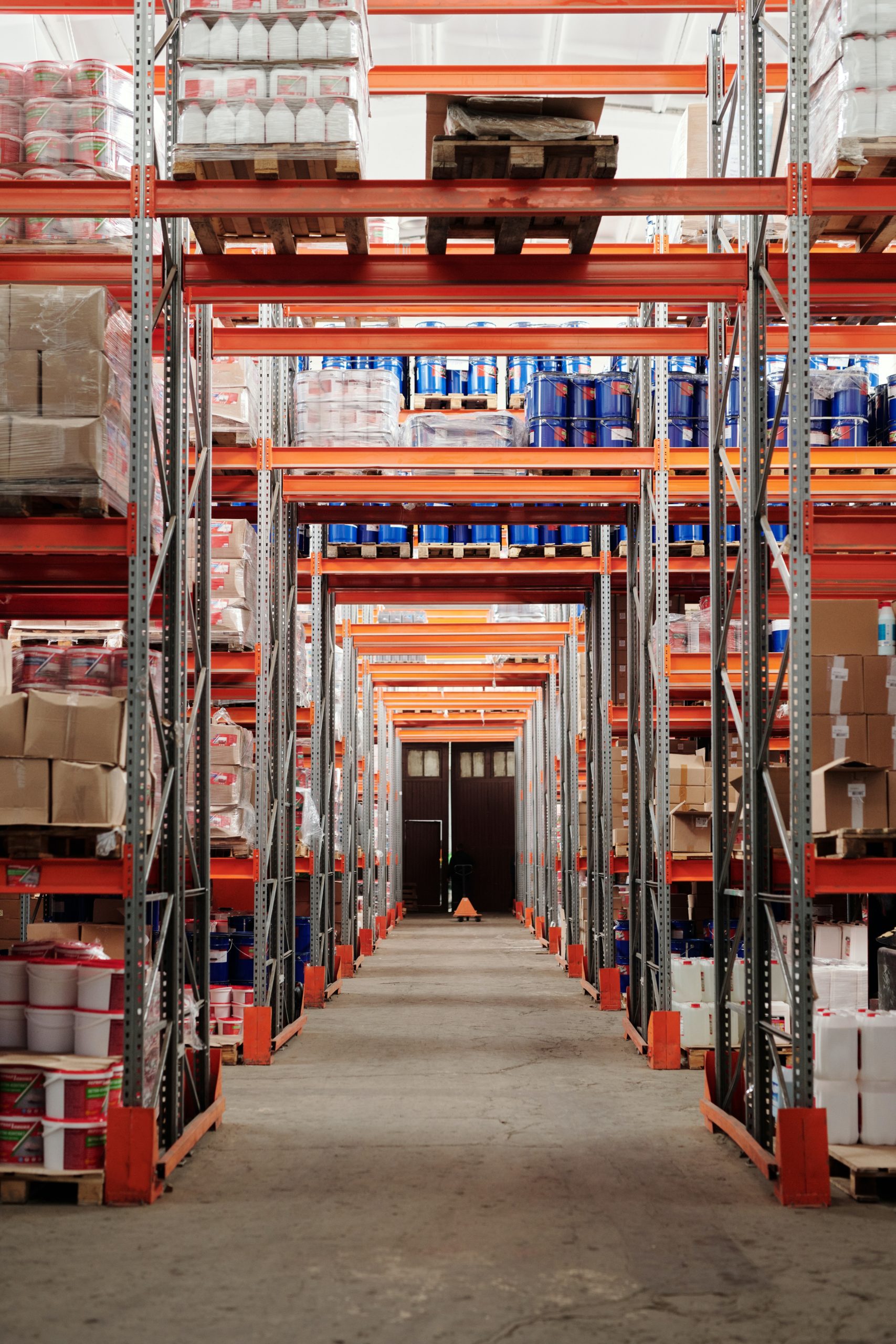Container freight stations, or CFSs, are a type of port that handle the shipment and storage of cargo in containers. They can be found in both inland and coastal areas around the world, to serve all types of shipping companies. A container freight station is different from an actual port because it does not have docks for ships to unload goods directly onto land. Instead, they provide space for containers to stay when they’re not being transported by boat. This allows for much more efficient use of land than traditional ports where cargo had to be loaded and unloaded manually before going into storage facilities or trucks waiting on trains or planes.
What Is CFS/ What Is CFS Shipping?
A container freight station is a location where goods are all taken before they’re imported or exported for the purpose of consolidation, deconsolidation and staging. The closest thing to it in our world would be an airport because that’s usually how these buildings work with air transport across countries while other modes like ships use seas as their method (though there can also be land borders).
The CFS has equipment on hand which will group different sizes/quantities together so one shipment doesn’t take up more than what its worth if this was just someone shipping out individual packages instead!
Benefits of CFS
With a container freight station, you can effectively group and consolidate your goods for shipment. With this service we offer full control over what is happening in our facility as well as the ability to prepare vehicles from import or export which will save time & money!
Other advantages to CFS shipping include:
- Excellent CFS facility standards
- Reliable transport and CFS services
- Cargo visibility
- Bonded facilities
- Forwarding, brokering, and transport
- Secure storage of your cargo
- Customized services
Functions of CFS
A CFS warehouse is like an endless shopping mall where your shipments can be grouped together, consolidated and shipped out. The beginning steps in shipping process group cargo with other consignors’ goods to fill up entire containers before they’re loaded onto the truck or train for transport abroad!
CFS, container freight station, functions to make import and export easier and more accessible. Their purposes include:
- Providing a place where cargo can be stored, grouped, packed, and ungrouped.
- Enabling the quick movement of goods to their destinations
- Inspecting the goods for shipment
- Providing a station for consolidation and deconsolidation

How Are CFS and LCL Shipping Linked
Container freight stations are crucial for the consolidation of goods. Container loading and unloading is a process that occurs at this warehouse to group cargo from different sellers or consignors into one container, which makes their shipping faster as well as cheaper than doing each shipment individually
LCL packing can be done by anyone who has access such facilities but if you want it done quickly then look no further because our station does them all in an orderly fashion so they don’t get mixed up with other shipments while also making sure nothing gets lost along the way! On the other hand, FCL shipment services where goods are shipped in isolation to one seller’s consignments occupy an entire 20-foot or 40-foot unit do not need go through consolidation and deconsolidation. Hence these shipments aren’t usually handled by CFS.
What Is The Difference Between CFS and CY
Containers are often used to describe a ‘container freight station,’ but these two terms differ. A container yard is an area within the port that functions as storage for full containers while CFS’s can store anything less than LCL goods, like cars or tools on trucks at their terminal. The latter type of location may be found outside of any major waterfront gateway rather then inside it; they’re known colloquially as “offshore” facilities because most ships unload before entering into one if those locations – meaning this isn’t always possible!
CFS To CFS Pier To Pier
The term CFS may be easy to comprehend, but official shipping documents use other terms that can confuse you. One of these is cfs to cfs pier to pier which simply refers the goods grouped by shipper into containers and offloaded at a container freight station.

Container Freight Station Shipment
When containers are loaded onto a ship, the container terminal uses an official document called the bill of lading’ that outlines agreements between all parties involved in shipping. This includes information about where goods will be delivered as well as their prices for Customs duty or taxes if applicable right at time of loading!
Container Freight Station Shipment Services
The container freight station transportation service is a service provided for the shipper or consignor of export goods. When using the B2B logistics container freight station shipping service, you can enjoy the convenience of handling your CFS obligations by the company.
CFS logistics and transportation process involve many technical issues. It is always recommended to hire a freight forwarder to help you deliver the container to the destination country.



